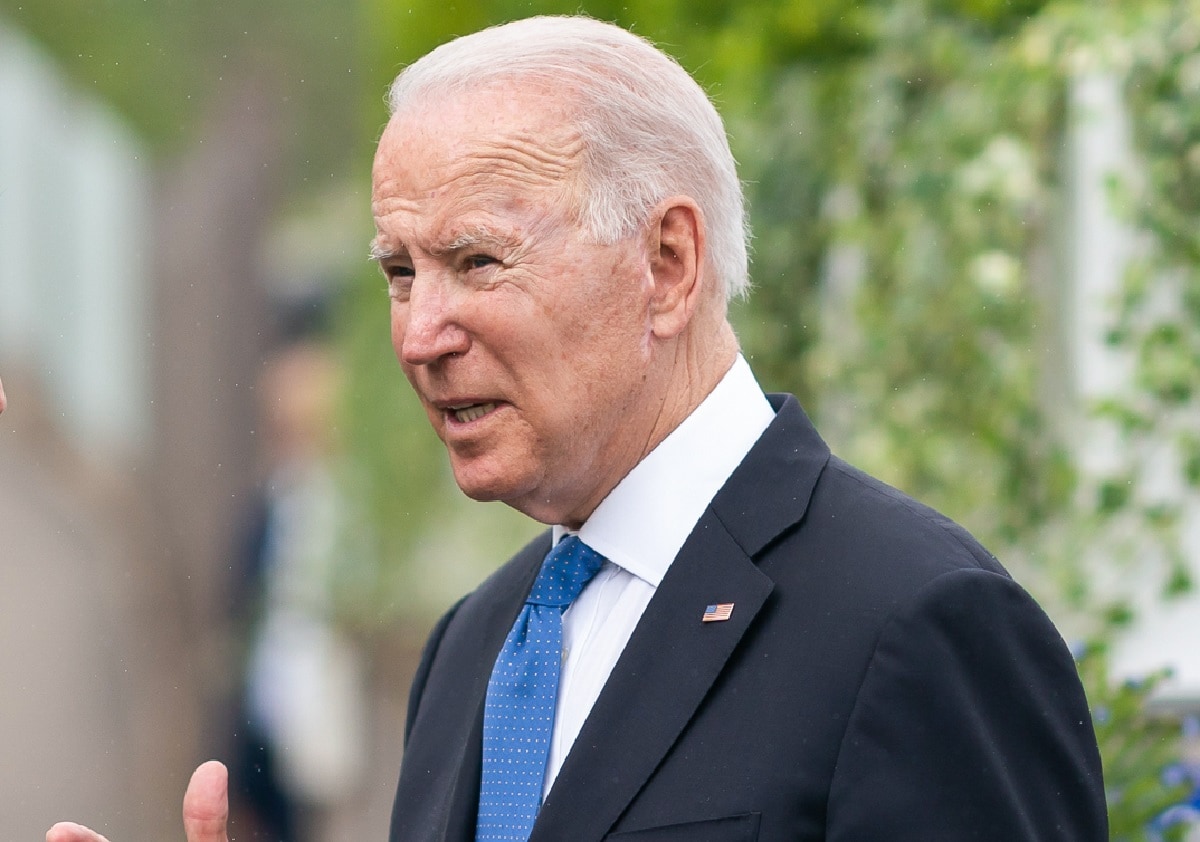As we approach the start to next year’s midterm election campaign, two threats stalk our economic recovery. The first is an unwelcome inflationary burst, which could result from economic overheating. The second is the further spread to our shores of the virus’s highly contagious Delta strain that is now plaguing all too many countries across the globe.
The good news for President Joe Biden is the unlikelihood that both inflation and the Delta’s destructive spread will coexist for long side by side. The bad news for Mr. Biden is that either inflation or the Delta variant on its own has the potential to derail the US economic recovery.
The Inflation Challenge
The recent pickup in inflation to levels not experienced in the past thirty years should be alerting us to the real risk of sustained higher inflation.
At present inflation’s pickup appears to be largely associated with the supply-side problems afflicting the economy that might very well dissipate as the Federal Reserve is assuring us that they will do. These problems include disruptions to overseas supply chains in general and to the supply of electronic chips so essential to modern manufacturing in particular. They also include labor supply shortages associated with school closures and with generous supplemental unemployment benefits that are due to expire in September.
Even if the current supply-side problems afflicting the economy prove to be transitory, the economy could soon overheat under the impetus of the extraordinary amount of fiscal and monetary policy stimulus that it is now receiving.
It is not simply that this year the US economy is receiving a record peacetime budget stimulus amounting to some 13 percent of GDP at a time that the Congressional Budget Office estimates that the so-called output gap is only 3 percent. It is also that this massive budget stimulus is being supplemented by the easiest monetary policy conditions in over a decade and by the drawdown of an estimated $2 trillion, or around 8 percent of GDP, in excess savings that were built up during the pandemic’s lockdown stage.
If as a result of economic overheating consumer price inflation were not to recede soon from its present 5 ½ percent pace, the Federal Reserve would have little alternative but to slam on the monetary policy brakes in order to fulfill its price stability mandate. That in turn would risk causing a hard economic landing. It would do so by bursting today’s housing and equity market bubbles which have been premised on the assumption of the maintenance of ultra-low interest rates forever.
The Delta Variant Challenge
The one way that inflation could be stopped in its tracks would be if Delta’s spread were to cause anything like the economic lockdown that we experienced last year. That would almost surely throw the economy into a recession which would once again exert downward pressure on prices and wages.
With most of the American population now vaccinated with at least one shot, it would seem unlikely that we will again experience widespread economic lockdowns. Rather, it would seem more likely that Delta’s spread both at home and abroad will exacerbate the supply side problems that have gave rise to this year’s higher-than-expected inflation. It would do so by again disrupting global supply chains and by causing labor shortages as workers would remain reluctant to return to the workplace.
Whichever way the Delta variant plays out, it would seem highly unlikely that the economy will play to Mr. Biden’s advantage in next year’s midterm elections. Should the new variant’s US spread turn out to be a non-event, Mr. Biden might have to explain away an inflation-induced hard economic landing. Alternately, should the Delta wave be anywhere near as economically damaging as the original Covid-19 wave, Mr. Biden might have to go to the polls with a virus-induced second leg-down in the US economy.
Desmond Lachman is a senior fellow at the American Enterprise Institute. He was formerly a deputy director in the International Monetary Fund’s Policy Development and Review Department and the chief emerging market economic strategist at Salomon Smith Barney.

